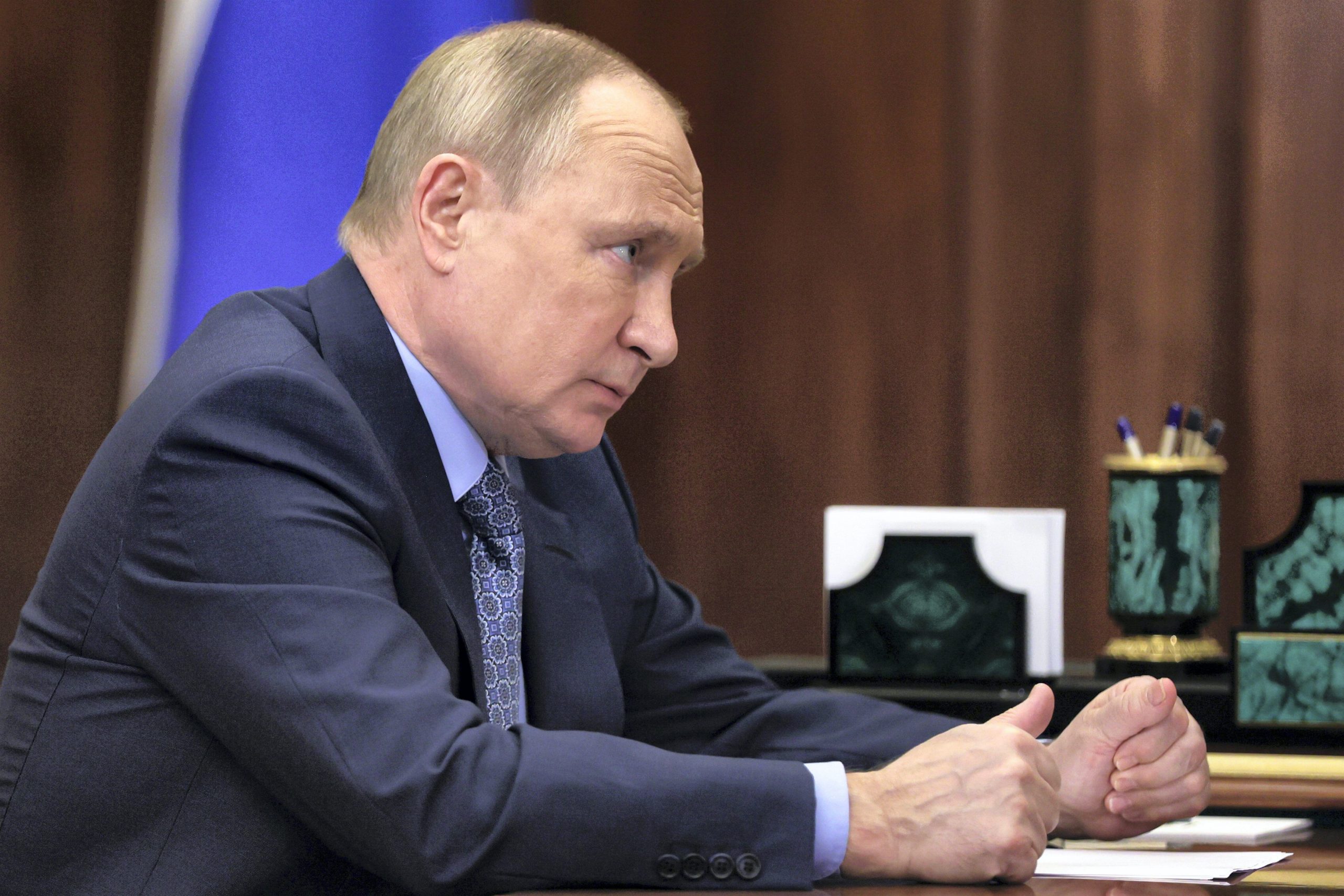As Finland and Sweden ponder joining NATO, the Kremlin warned on Monday that expanding the alliance will not increase European stability.
“We have repeatedly said that the alliance itself is more of a tool for confrontation. This is not an alliance that provides peace and stability, and further expansion of the alliance, of course, will not lead to more stability on the European continent,” Dmitry Peskov, a Kremlin spokesperson, stated on Monday.
Also read: Austrian Chancellor to be the first EU leader to meet Putin since Ukraine invasion: Report
Finland and Sweden may soon become members of the North Atlantic Treaty Organization. The decision would certainly enrage Moscow and, according to officials, would highlight Russia’s geopolitical blunder in invading Ukraine.
Some NATO officials reportedly said that since Russia’s incursion, negotiations about Sweden and Finland joining the alliance have become more serious. The issue was raised at this week’s NATO ministerial conference, which was attended by the foreign ministers of Stockholm and Helsinki, according to senior US State Department sources.
Also read: Abandoning the pincer: What to expect in Russia’s new onslaught on Ukraine?
On Wednesday, the Finnish government will offer a security paper, including a prospective NATO membership, for parliamentary debate, the country’s Foreign Minister revealed on Monday.
“This gives [the] Parliament now a possibility to discuss all the aspects of possible NATO membership and/or other security solutions. And then based on that debate, of course, government will make the conclusions together with the President of the Republic,” Pekka Haavisto made the remarks to the media before the EU Foreign Ministers’ meeting in Luxembourg.
Also read: Ukraine’s Zelensky asks South Korea for military support in parliament address
Haavisto stated that it is “important” that neighbouring Sweden is going through a “similar process,” which he anticipates would take time. “But of course we exchange information all the time and, hopefully, if we make similar kinds of decisions, we could do them around the same time,” he said.







